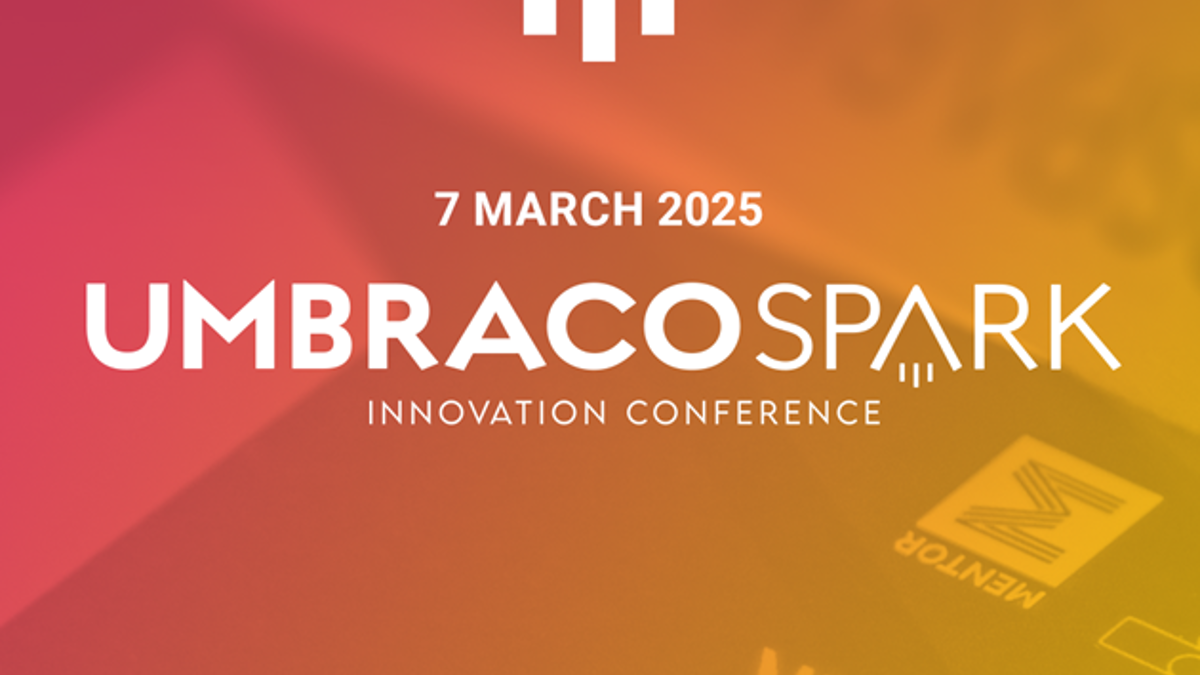
In one of the bigger changes to hit the world of content in recent times, Google released an update to their long established ‘E-A-T’ quality rater guidelines (essentially the rule book for how Google assess content quality). They added an extra ‘E’ for ‘Experience’ and updated their easy to remember three letter acronym to the slightly longer ‘E-E-A-T Guidelines’ or ‘Double-E-A-T’ for those so inclined.
What does ‘E-E-A-T’ stand for? And more importantly, what does E-E-A-T mean in practice for copywriters and content producers? Why did Google make this change and what does it say about their approach to assessing content quality in the future, particularly in light of the focus of recent Google Core Updates?
EEAT are the key characteristics that Google are looking to see evidence of when rating content. It’s essentially shorthand for Google’s view of the composite parts of high-quality content and should be used as a guide when writing for your audience.
EEAT stands for ‘Experience’, ‘Expertise’, ‘Authoritativeness’ and ‘Trustworthiness’. But what do these elements mean in practice when creating content to satisfy the requirements of each?

Experience
The new kid on the block. The addition of experience as a requirement and measure as to how content is rated can be interpreted as Google’s response to the explosion in content created via machine learning. As a general rule, content that is easily scaled or automated in this way is unlikely to be seen as valuable by Google, because it lacks authenticity and can be generated by simply regurgitating what has already been written before. First hand experiences, explanations and opinions are what separates a truly expert and authoritative viewpoint from those who simply repeat what has been said before (just as machine learning will do) – by including such elements in content you separate it from the crowd, which in turn heightens authority and wins trust.
Expertise
This is a measure of how knowledgeable an individual or a brand (and therefore a piece of content) is on a given subject. Google want to surface the best content available to their users, and as we as consumers value expertise when conducting research or searching for information, so do Google. Expertise will be judged by factors such as who has written the content, the sources the content uses as references and the level of accuracy and comprehensiveness offered. The level of expertise required will differ according to the nature of the content in question, with the bar being higher for Your Money or Your Life (YMYL) content (pages or products that could impact someone’s happiness, health or financial stability) versus topics that have much less potential risk.
“EEAT are the key characteristics that Google are looking to see evidence of when rating content. It’s essentially shorthand for Google’s view of the composite parts of high-quality content and should be used as a guide when writing for your audience.”


Authoritativeness
The level of authority is determined from a combination of the writer, the content itself and the website on which the content is published. Content that is written by an author who is well-known and who has written numerous pieces on the topic is likely to be viewed as authoritative. Similarly, the degree to which the website that houses a piece of content is regarded as having authority in relation to the relevant niche will also have an impact here. Inbound links from other websites with high levels of authority on the given topic are invaluable in building authority, and it’s likely this wisdom of crowds impact has the potential to have a significant impact on content authority levels.
Trustworthiness
The amount of trust in a piece of content is the centrepiece of Google’s content quality assessment, and it is effectively a judgement made according to the expertise, authoritativeness and experience that a web page is deemed to offer. This assessment is derived from both the content on the page itself and the website within which it exists – for example a secure website is by its very nature going to be viewed as more trustworthy than an insecure one, and it’s safe to assume that even the most comprehensive and expert content will be significantly undermined if there’s a lack of trust in terms of the security that a web domain offers.
“Google’s future focus will remain on rewarding the best, most original, authoritative content that is enriched by personal experience.”


What implications does E-E-A-T have for content creation?
The long-established principles set out in Google’s Search Quality Evaluator Guidelines remain as relevant as ever, but the addition of Experience to the mix should be seen as a warning shot with regards to how content creators harness the power of machine learning. Any Content Strategy that doesn’t look to benefit from the helping hand that machine learning can provide is placing you at a disadvantage from the get-go. However, when it comes to content production, overreliance on the automated approach is highly unlikely to result in content that is viewed as authoritative and trustworthy, and therefore the likelihood of high levels of organic visibility in the search rankings will rapidly diminish.
So does that mean that machine learning is entirely out of bounds when striving for content that meets EEAT criteria? Absolutely not. Tools like ChatGPT can be a huge time saver when conducting keyword research, getting ideas for topics and sub-topics to write about, generating article outlines to gain inspiration or getting help with suggested content structure, H1s and H2s. The key is not to get lazy and fully delegate the task of content production to artificial intelligence; the power of machine learning and AI is best utilised to create efficiencies in the content ideation and planning stage, which gives you more time back to do what your audience (and Google) wants – accurate, authoritative and experience-based content that informs, entertains and enlightens the person on the other side of the screen.
“So does that mean that machine learning is entirely out of bounds to when striving for content that meets EEAT criteria? Absolutely not... The key is not to get lazy and fully delegate the task of content production to artificial intelligence.”


What does E-E-A-T reveal about Google's future approach to assessing content quality?
Given the addition of ‘Experience’ to EEAT, at least partially as a response to the rise of AI generated content, it was a matter of time before Google took steps to update their algorithm accordingly. The Google Search Update March 2024 states ‘We’re making algorithmic enhancements to our core ranking systems to ensure we surface the most helpful information on the web and reduce unoriginal content in search results’ – the last six words in that statement can be taken as a direct reference to the effort that Google are expending to reduce the visibility of AI generated content in search engine results.
Of course, none of this should be read as Google being anti-artificial intelligence. After all, Google themselves are a business at the forefront of AI and machine learning, and their products have been enhanced by the capabilities therein for many years now, not to mention search itself, which will see an increased rolling out of Search Generative Experience (SGE) over the next year or two. It would be more accurate to say that Google are anti-poor user experience, and the proliferation of unoriginal, automated content will see their users finding it harder to access helpful information and receiving a poor experience (which may lead them to take their searches elsewhere, resulting in lost advertising revenue). Google’s future focus will remain on rewarding the best, most original, authoritative content that is enriched by personal experience – so in short, the same as their previous emphasis, just updated to address the arrival and impact of the likes of ChatGPT.
Do you need assistance with your content strategy? Are you struggling to find the resources to produce the content that’s required to realise the full potential of your website? At Mentor Digital, we take pride in aligning our digital marketing expertise and content optimisation and delivery with EEAT guidelines in mind. We understand the significance of delivering high-quality content that not only engages your audience but also builds trust and authority. Our Bristol-based team is here to make sure the content you create is optimised for audiences and search engines alike – get in touch with us today to explore how we can help.


